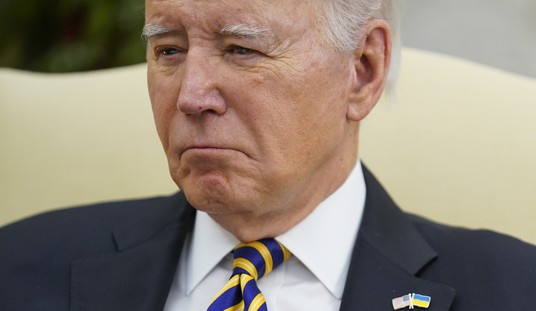Victor Davis Hanson proffers “Lessons of World War I:”
There are also myriads of assumed causes of World War I, both immediate and longer-term. The list is well known: arms races, entangling alliances, unchecked nationalism, miscalculation and accidents, lack of diplomacy, ethnic tensions in the Balkans, irrevocable mass mobilizations, the lack of a League of Nations, and on and on.
But the crux is why exactly did Germany believe in late summer 1914 that it could invade neutral Belgium, start a war with France, draw in Britain and Russia (and eventually the U.S.), and expect the Schlieffen Plan to knock out France in a matter of weeks, allowing a redirection to Russia to ensure the same there?
Yet what seems fantastical today was deemed entirely logical in the Germany of 1914 — given prewar British reluctance to support France, American isolation, the utter French collapse in 1871, the Russian humiliation in the Russo-Japanese War of 1904–05, the ongoing political instability that threatened to unwind the Russian czarist state, the amazing surge in German dreadnought construction that promised to nullify traditional British naval supremacy, and the inability of France, Britain, and Russia — and the United States — to craft a credible deterrent force to convince Germany of the folly of any aggressive act, a viable strategy that had actually worked well enough to deter the Kaiser in the prior so-called Moroccan crises.
One of the lessons of the outbreak of World War I is the importance of perceptions. At some point in 1914 the German military and diplomatic community concluded that the country not only could pull off a successful lightning strike against France, but could do so without starting a world war — given various events over the prior decades.
Such flawed thinking is a good reminder that appearances often matter as much as reality in provoking wars. Hitler certainly was suicidal in attacking his de facto partner, the Soviet Union, in June 1941. But for all his crazy ranting about his grievances, Untermenschen, and grand strategy, it was the false perception that the Soviet Union would quickly collapse — given its recent dismal performance in Poland and Finland, and the prior purging of its officer corps, contrasted with the recently successful Blitzkrieg in Poland and Western Europe — that persuaded Hitler to try something so fatally dangerous.
Read the whole thing.
Meanwhile, even as VDH asks if America has learned the lessons of 1914, when will France learn the lessons of 1789?








Join the conversation as a VIP Member